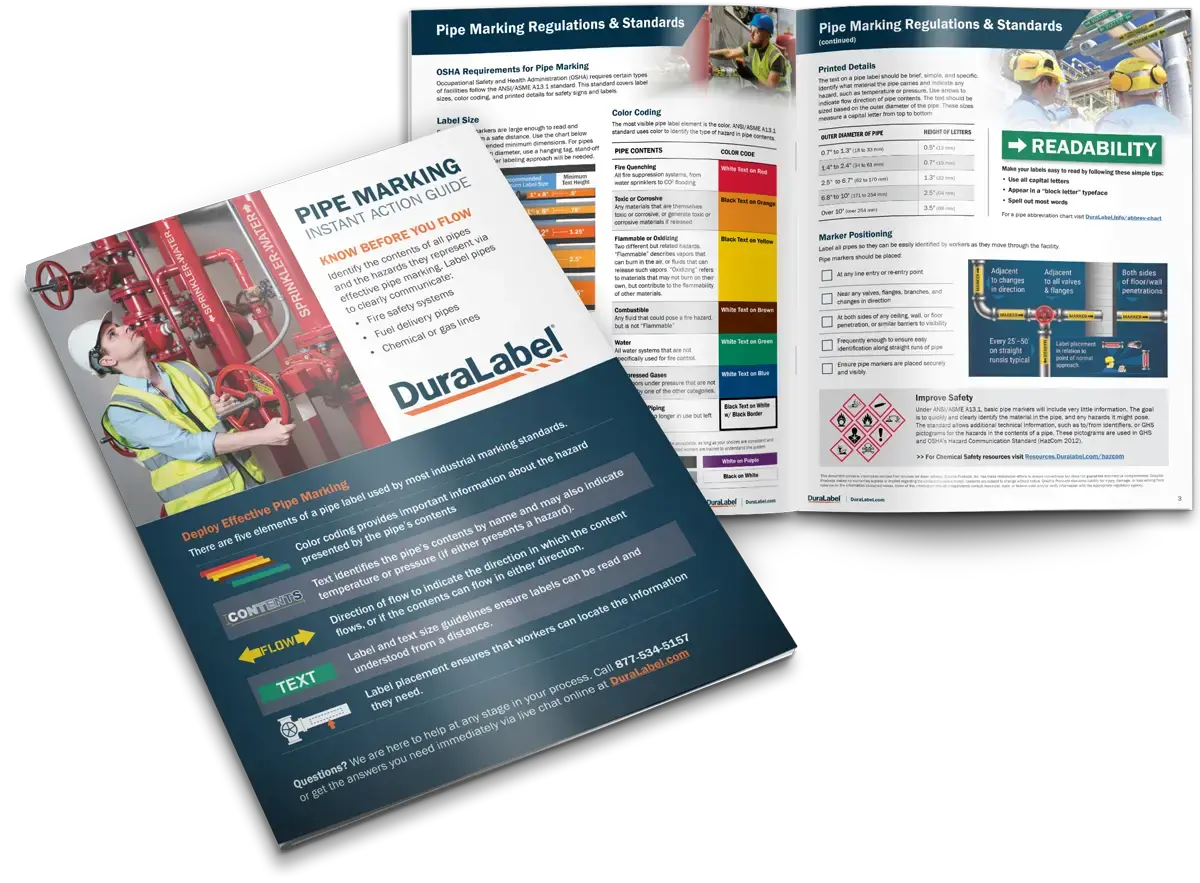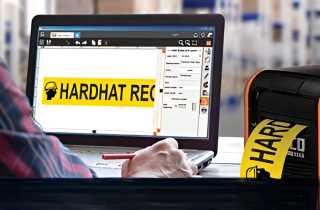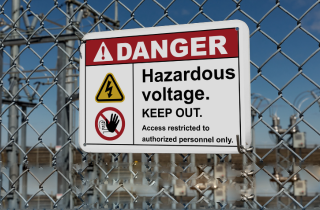OSHA Work Safety: A Right for Every Worker

How Can Workers Avoid Potential Injuries?
The U.S. Bureau of Labor Statistics (BLS) shared its workplace fatality statistics for 2022. The bureau reported 5,486 fatal work injuries in the United States, a 5.7% increase from 2021. They also reported 2.8 million injury and illness cases, up 7.5% from 2021.
Although some minor injuries and illnesses are bound to happen, workers can avoid countless potential accidents when they know their rights and understand what is safety at work within their environment.
Understanding OSHA Work Safety Rights for a Safe Environment
In the United States, Occupational Safety and Health Administration (OSHA) and federal laws ensure that workers have the right to a safe and healthy workplace. OSHA work safety regulations are designed to protect employees from preventable hazards. The creation of OSHA provided this important right to workers, establishing a nationwide expectation that employers must protect employees from recognized hazards.
For example, the OSHA General Duty Clause states that “each employer shall furnish to each of his employees employment and a place of employment which are free from recognized hazards that are causing or are likely to cause death or serious physical harm to his employees.”
This clause serves as a catch-all requirement for workplace safety, ensuring that even if specific standards do not exist for certain hazards, employers are still obligated to provide a safe working environment.
Employees must be aware of their rights and understand the protections in place for their well-being. Knowing what is safety at work helps workers recognize hazards and understand the significance of speaking up about unsafe conditions.
Employees’ Right to a Safe Workplace
Under federal law, employees have the right to a safe and healthy workplace. The creation of OSHA provided this important right to workers by requiring employers to identify, address, and eliminate hazards that could threaten their well-being.
This includes:
- Providing proper training
- Implementing safety protocols
- Maintaining equipment
- Addressing any known hazards promptly
By understanding and asserting people’s rights, workers can play an active role in promoting a safe work environment that meets OSHA regulations and strengthens OSHA work safety efforts.
Speak Up Without Fear of Retaliation
It is crucial to know that employees have the right to speak up about workplace hazards without fear of retaliation. If a potential safety issue is identified or if a workplace is believed to be unsafe, employees can report it to their supervisor, the employer's safety representative, or directly to OSHA. Whistleblower protections are in place to shield employees from adverse employment actions that may result from raising safety concerns. By speaking up, employees not only protect themselves but also contribute to the overall safety culture of their workplace.
Understand Hazard Communication
Hazard communication is a fundamental aspect of workplace safety. Employers are required to communicate information about hazardous substances and provide access to Safety Data Sheets (SDS) and labels that clearly indicate potential risks. Understanding what is safety at work includes knowing how to interpret these labels and the protections they provide. Employees must follow proper safety protocols to minimize exposure and potential harm.
 Empowering Resources from OSHA
Empowering Resources from OSHA
OSHA provides valuable resources and tools to help workers understand their rights and promote workplace safety. The OSHA Workers' webpage offers comprehensive information, fact sheets, and educational materials on a wide range of safety topics. The site offers guidance on hazard identification, safety training, reporting unsafe conditions, and steps to take in case of workplace accidents or injuries. Familiarizing oneself with these resources can empower employees to actively contribute to a safer work environment.
Participate in Safety Committees and Training
Many workplaces have safety committees or provide safety training programs that ensure OSHA compliance. Actively participating in these initiatives can enhance employees' knowledge of safety practices, allow them to contribute insights, and help identify and address potential hazards. By engaging in safety committees and attending training sessions, employees become proactive advocates for workplace safety and contribute to a culture that values the well-being of all workers.
Strengthen OSHA Work Safety with Resources and Employee Rights
Safety is not just a privilege but a fundamental right in the workplace. The creation of OSHA provided this important right to workers, ensuring that every employee has the legal protection needed to work in a safe, health-focused environment.
Understanding their rights and responsibilities empowers employees to actively participate in creating a safe work environment. By speaking up about hazards, accessing OSHA resources, and participating in safety committees and training, employees contribute to the overall safety culture of their workplace. Engaging in these practices reinforces their commitment to a safer workplace. Remember, employee well-being matters, and by asserting their rights and promoting safety, they help ensure a healthier and more secure future for themselves and their coworkers.
The Power of Visual Communication in OSHA Work Safety
Effective signs and labels alert workers to potential hazards and provide guidance on responding quickly and efficiently. Customizing these visuals to fit specific workplace environments makes them more relevant and effective, helping workers understand and manage unique hazards they may face.
Maintaining and updating signage is just as important. Faded or damaged signs can lead to miscommunication or neglect of safety protocols. Regular checks ensure that all signs and labels remain visible, legible, and in line with current OSHA safety requirements. Facilities can strengthen safety practices and readiness among employees by prioritizing visual communication.
Create OSHA Work Safety Signage with an Industrial Label Print System
Creating effective safety signage is best done with an industrial label printer. These printers allow for the customization and production of durable, high-quality signs and labels tailored to specific workplace needs. With the ability to print clear, high-quality visuals, an industrial label printer guarantees that safety messages are easily readable and resilient against harsh environmental conditions. By using a label printer, organizations can quickly adapt and update signage to address new hazards or changes in safety protocols.
DuraLabel OSHA Solutions for a Safer Workplace
From durable safety signage to high-quality labels, DuraLabel offers numerous solutions to ensure facilitates are keeping workers safe and meeting federal and OSHA standards. DuraLabel signs and labels are made to withstand the tough conditions of any workplace. Make sure your facility meets these standards with the DuraLabel Kodiak Max OSHA Kit. This kit has everything you need to ensure hazards get recognized and workers feel safe.
The DuraLabel Kodiak Max Industrial Sign and Label System, included in the kit, is ideal for creating clear, custom visual communication. The signs and labels it prints can alert workers to various dangers and provide essential information for working in specific environments.
Do you want to make sure your facility is OSHA compliant? Download our free OSHA Signage Quick Start Guide. This free guide provides best practices for labeling in accordance with OSHA requirements and standards.
Read Next:
Related Resources

Electrical Hazard Prevention Starts with Awareness
Why Is Electrical Safety Awareness Important in Every Workplace? Electrical safety awareness is essential for ...
Read
NFPA 70E Arc Flash with OSHA Signs
What is NFPA 70E? NFPA 70E, or the NFPA’s Standard for Electrical Safety in the Workplace, outlines specific ...
Read
The Importance of Electrical Labeling for Electrical Installations
Why Is Electrical Labeling Important for Electrical Installations? Electrical installations require more than ...
Read.png)





